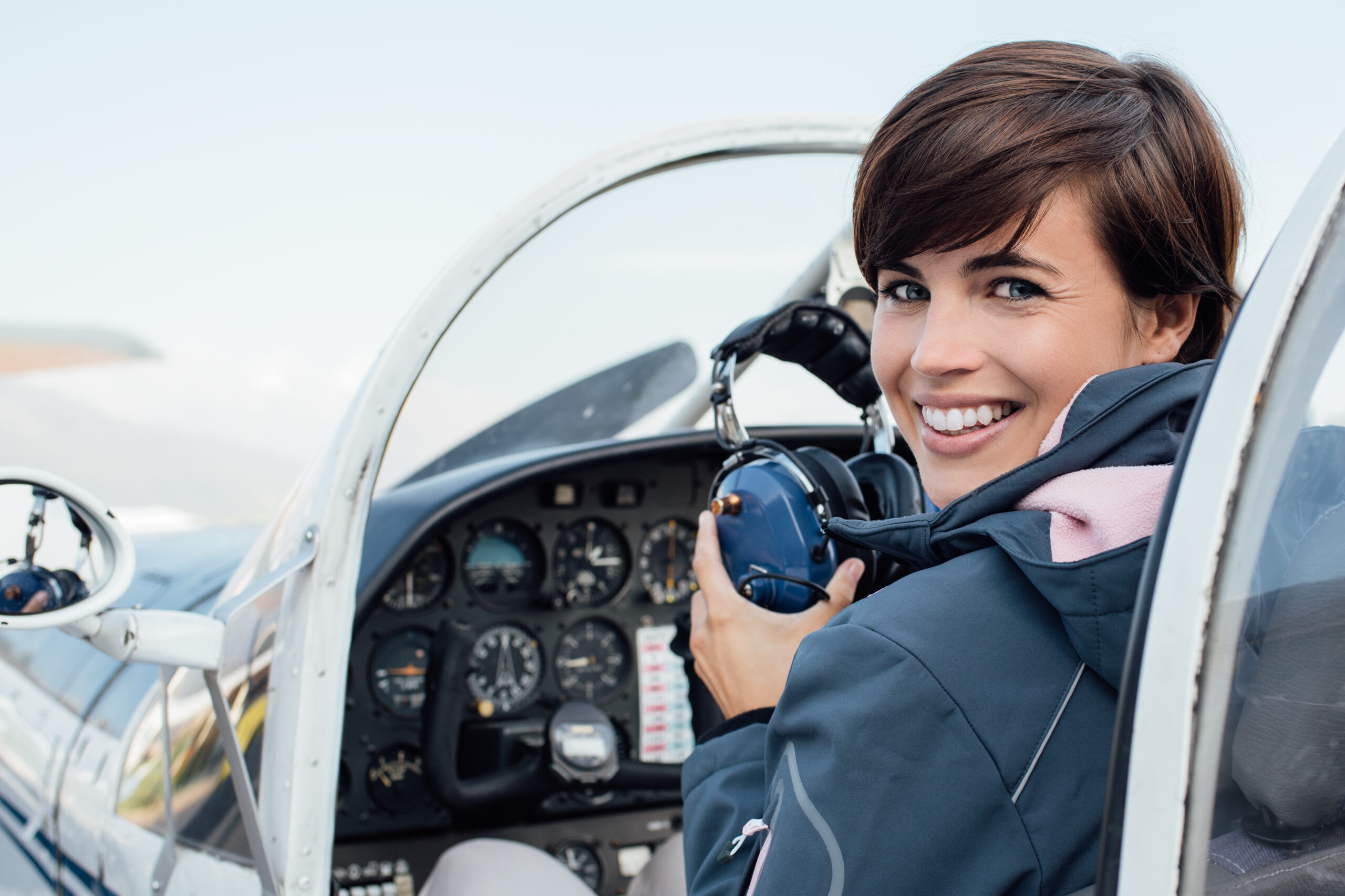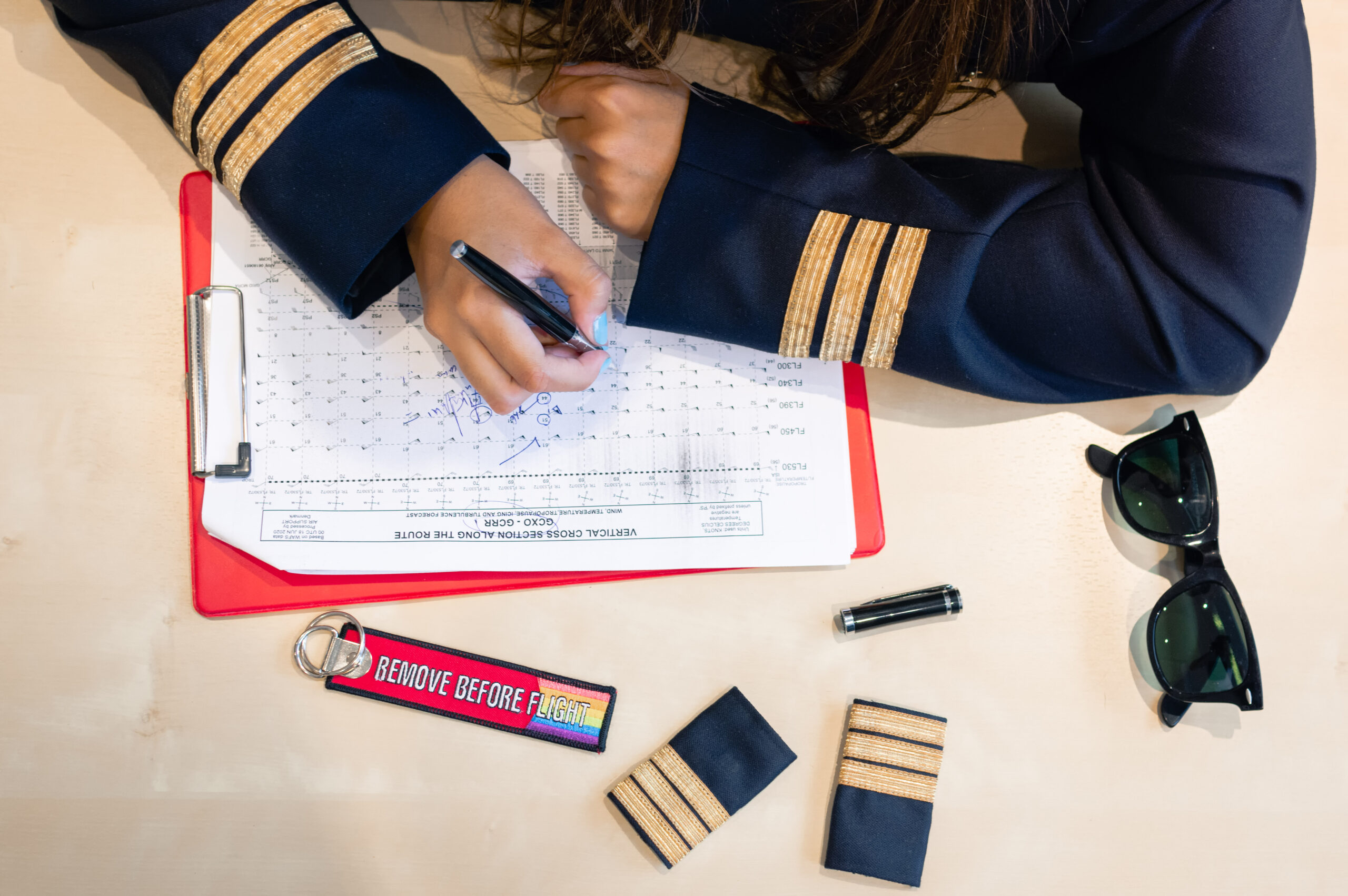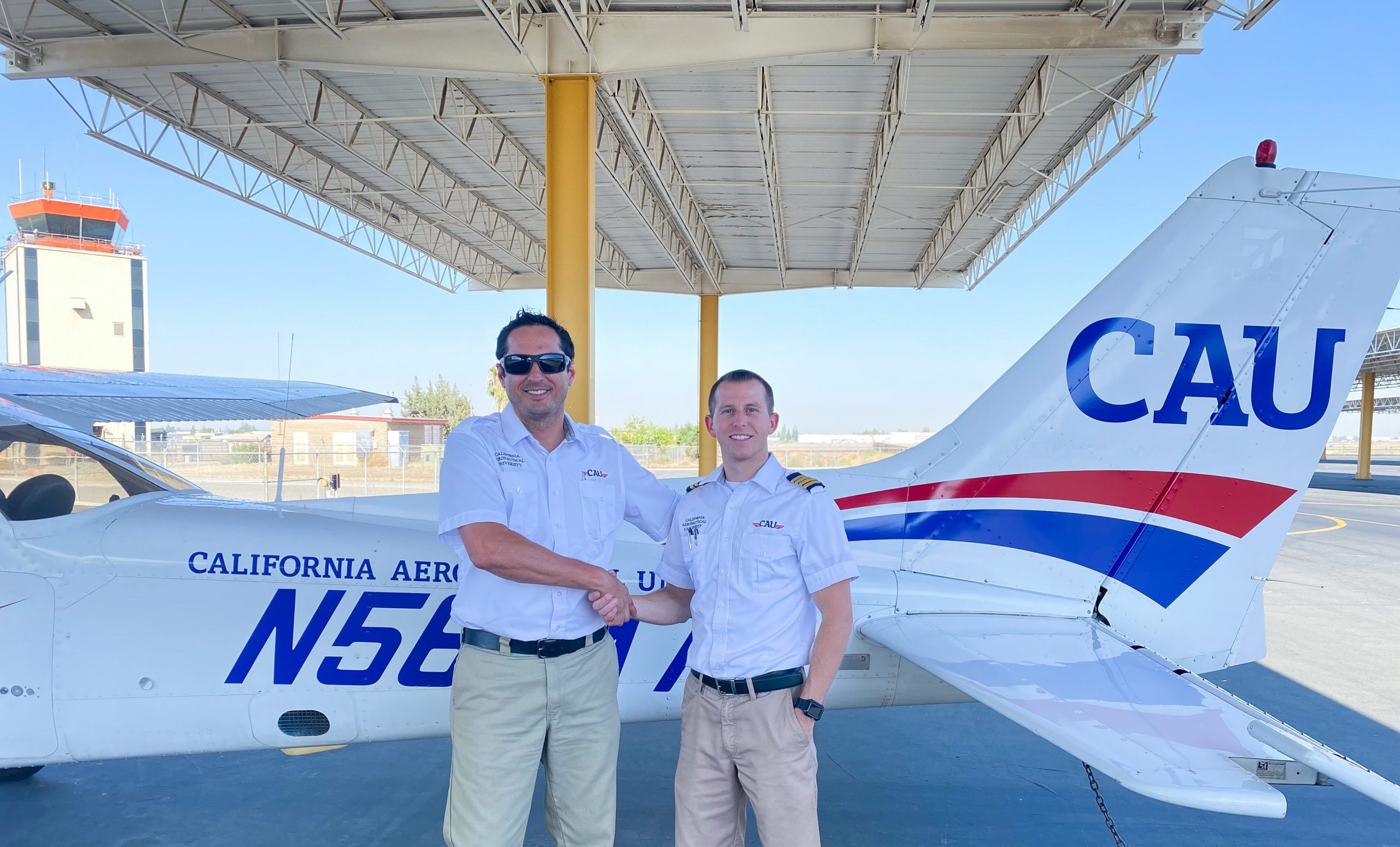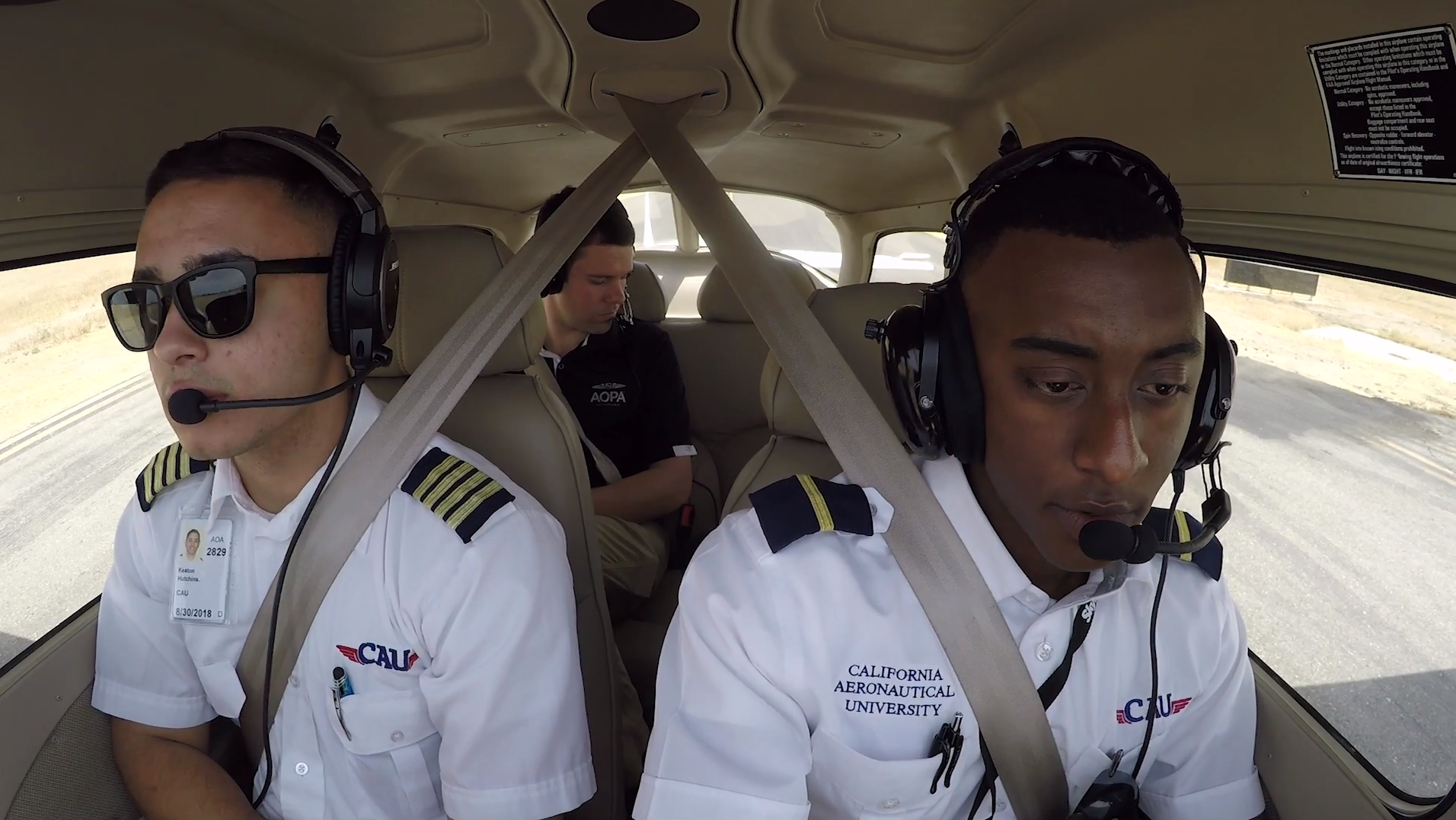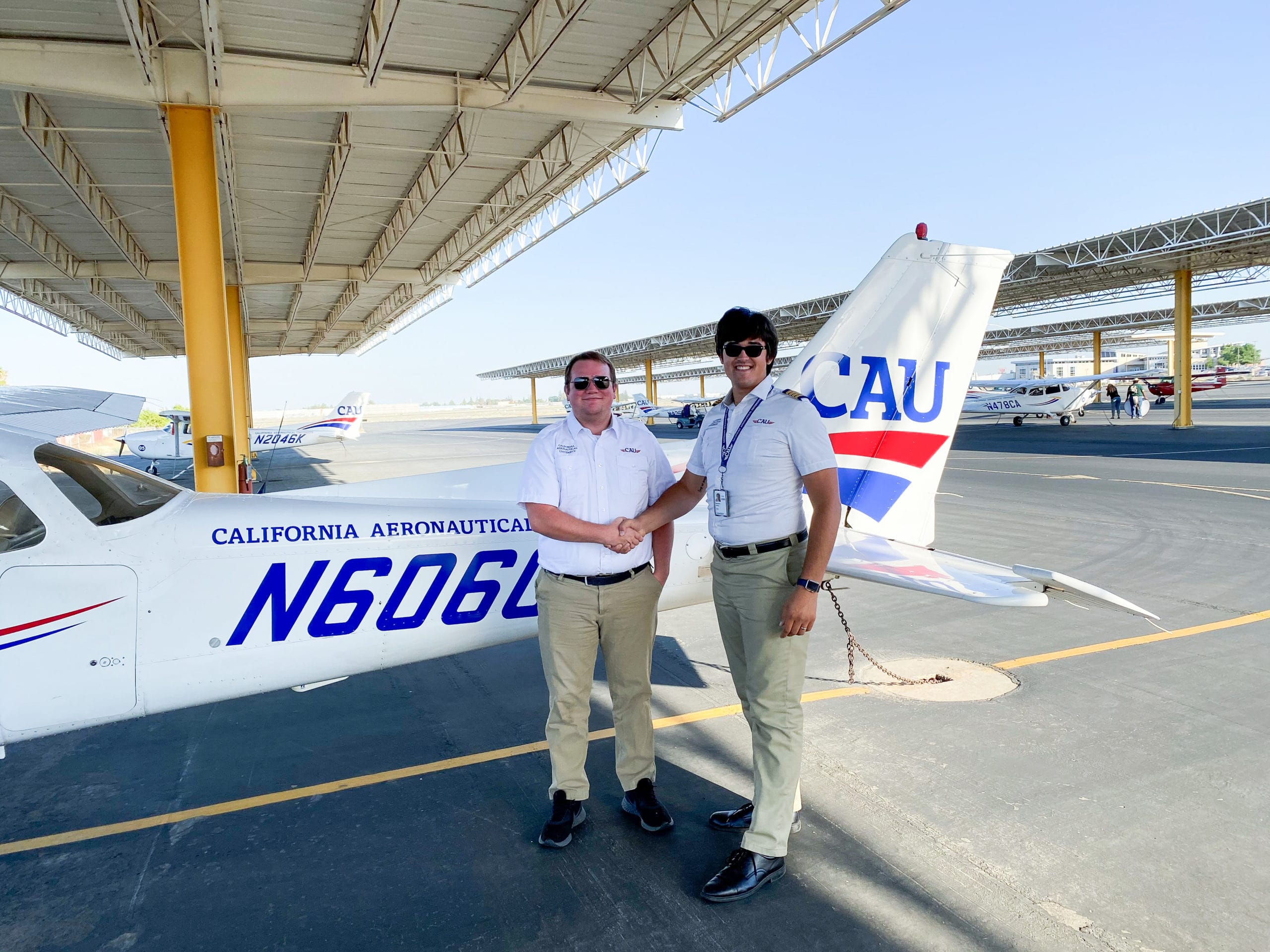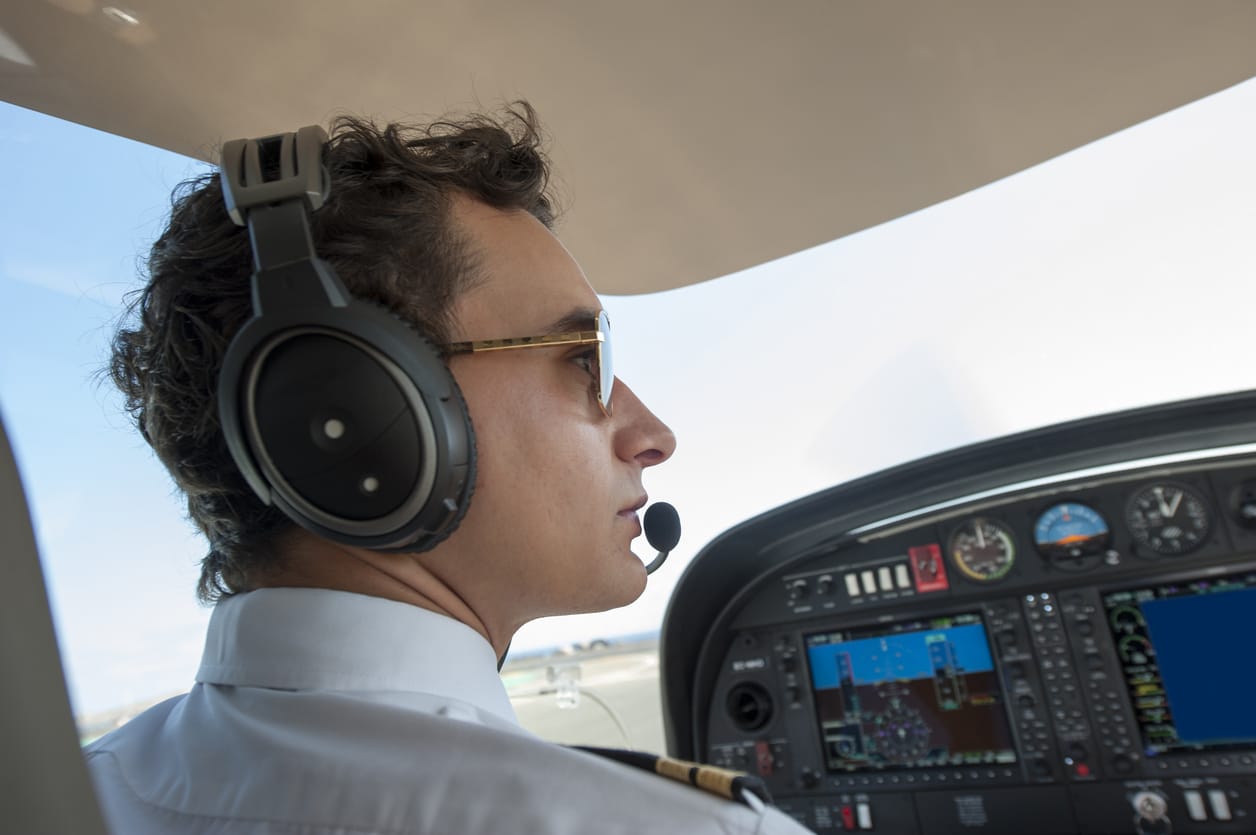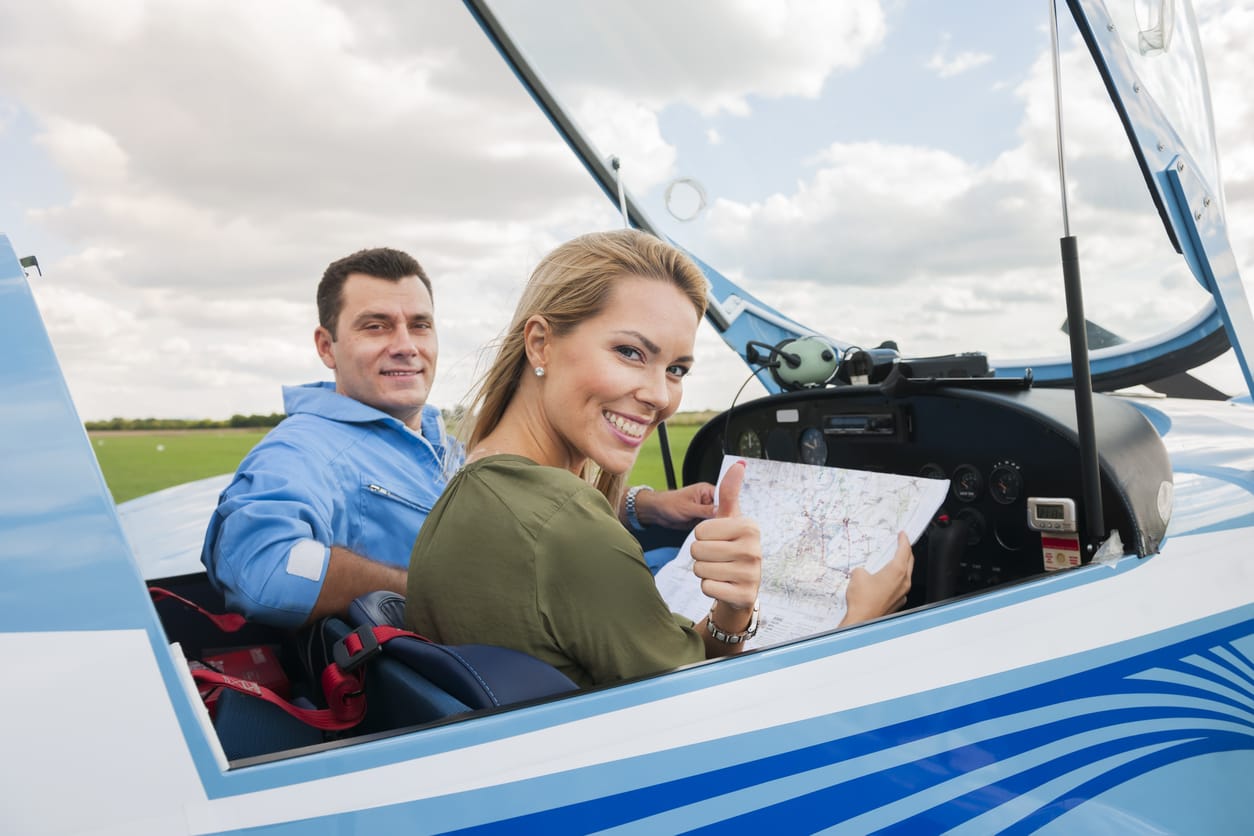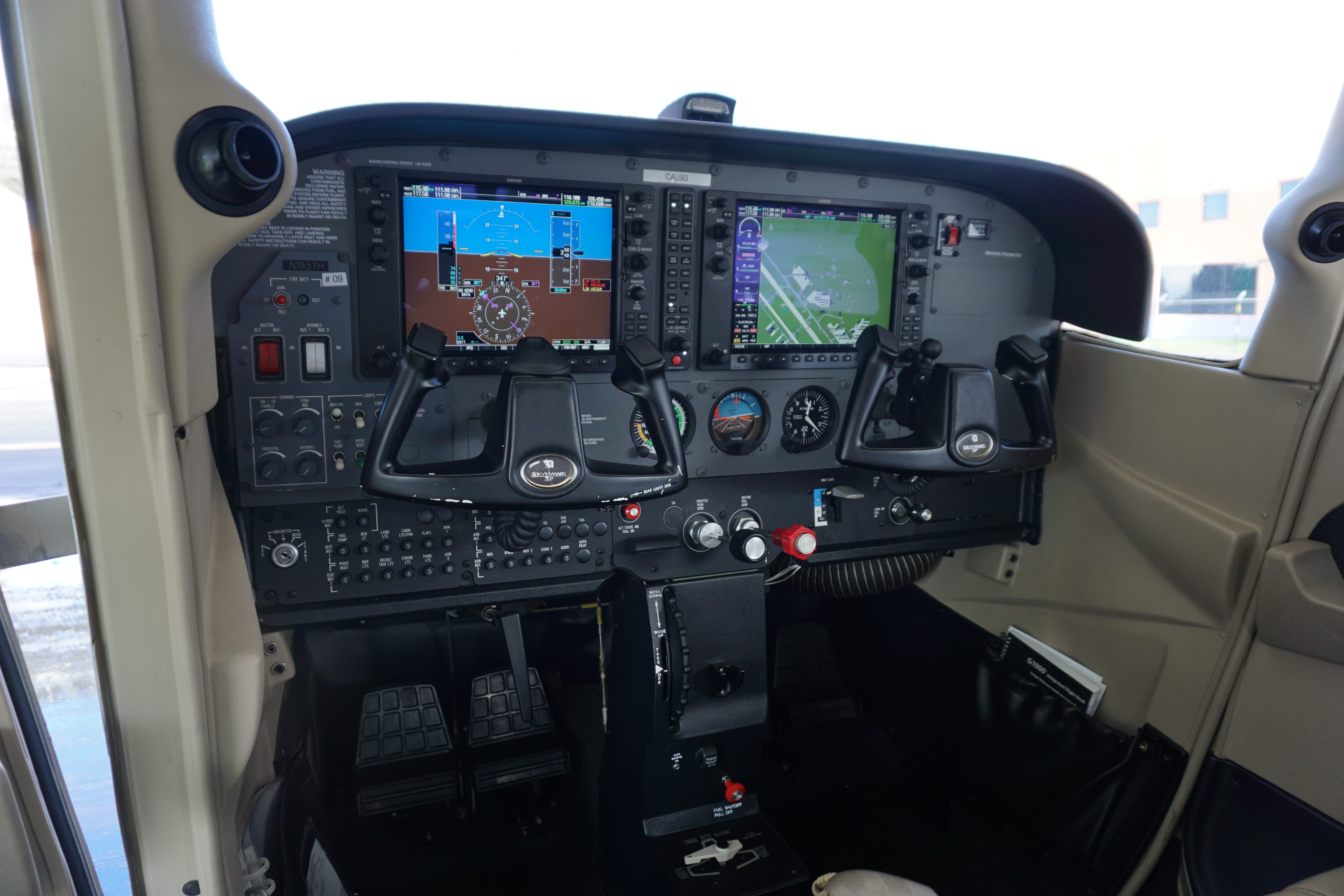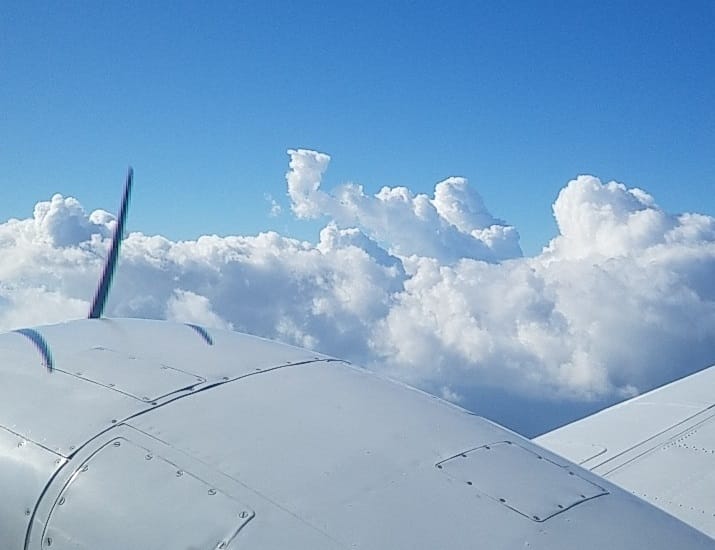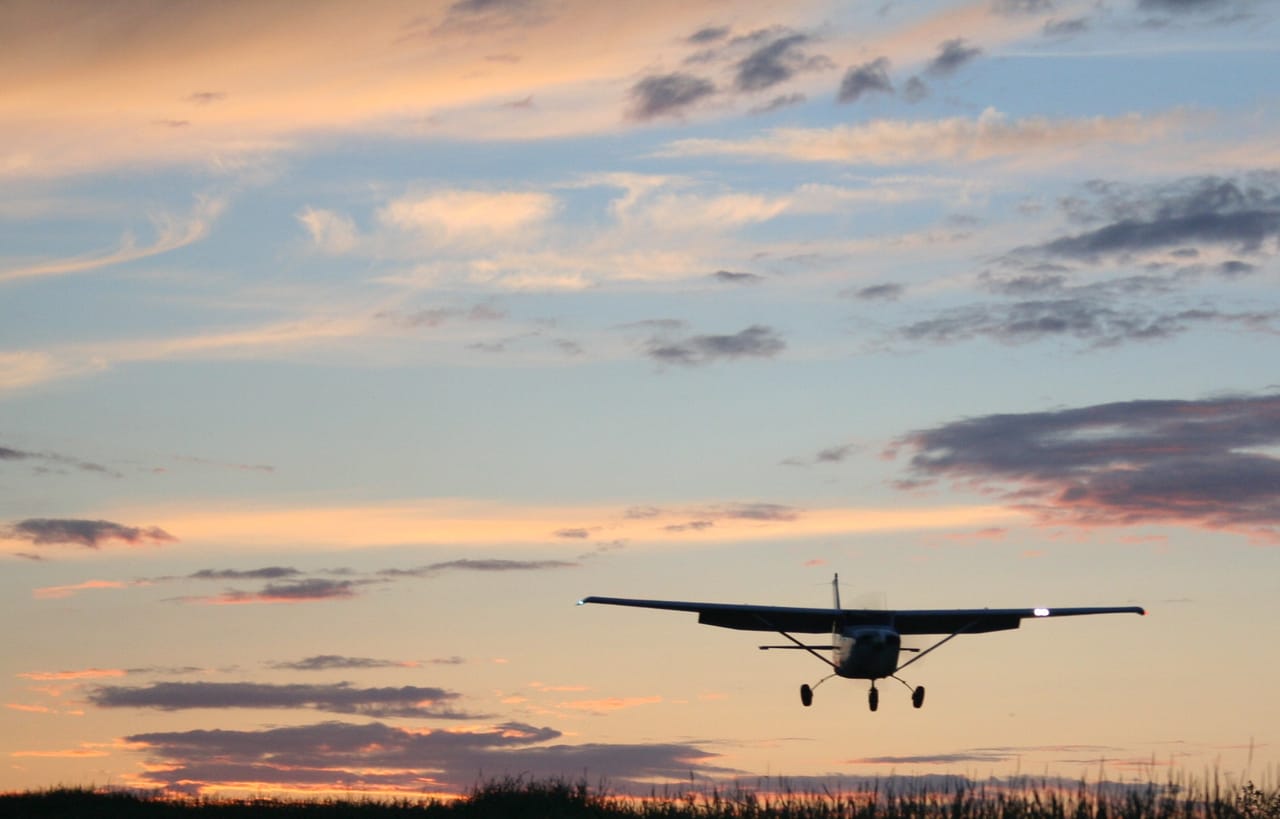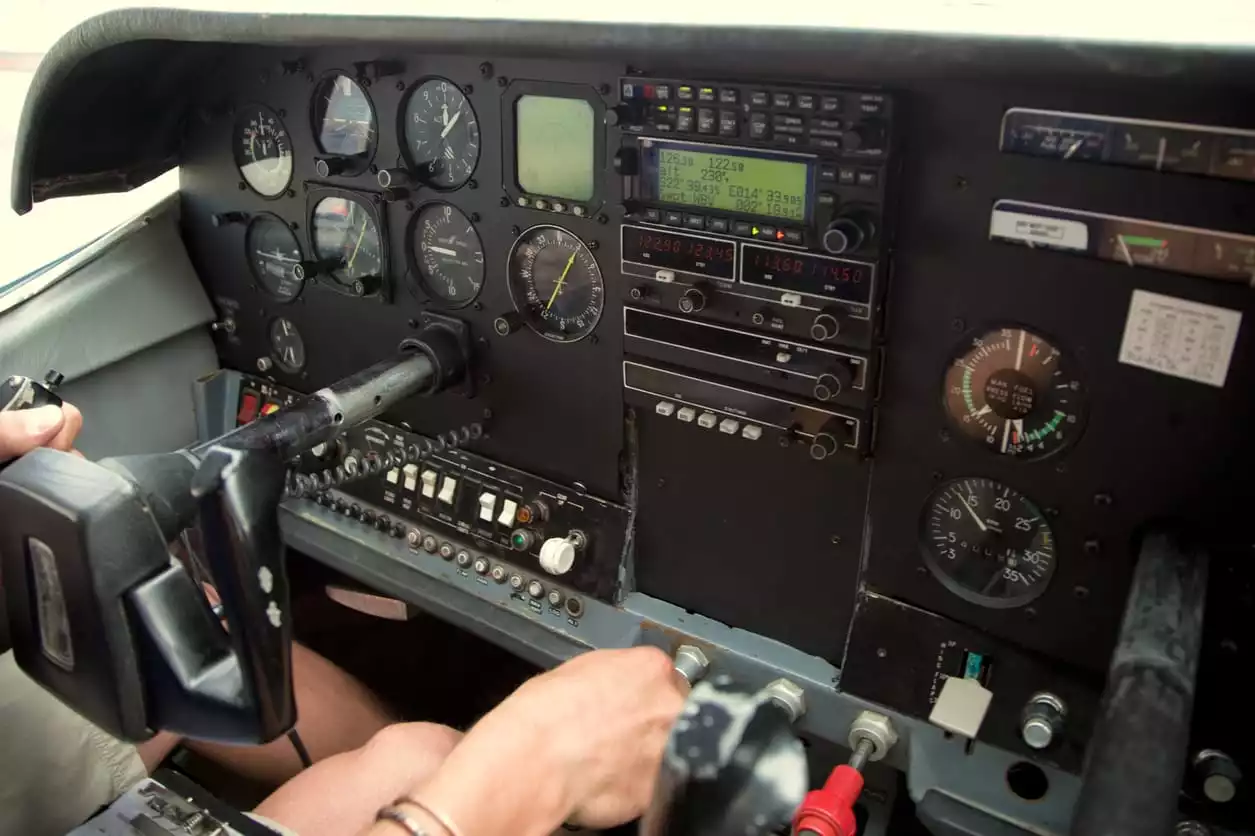When you decide that you would like to become a pilot, there are different options to choose from. One of the most popular choices is to obtain a private pilot license.
Obtained from the FAA, this type of license allows you to fly any aircraft, day or night, nationally and internationally. Some pilots stop here, others keep going to obtain additional licenses and certificates.
Whether a private pilot license is your ultimate goal or just a stepping stone on your way to obtaining a commercial pilot license, here is everything you need to know about how to become a private pilot.
What is a Private Pilot?
A private pilot holds a private pilot certificate (sometimes referred to as a license). Those who are interested in fulfilling this role will need to pass various knowledge and practical tests proving that they have the ability to successfully fly an array of different aircraft – without ever getting compensated.
When do private pilots fly? Many do so recreationally, for charity/non-profits, fly a jet for a potential buyer to test out, and so forth. You may even participate in search and rescue efforts, too.
It is important to note that while you cannot be paid to fly per se, you may be able to find a paid position with a private pilot certificate. For instance, you may consider becoming an instructor or giving aircraft sales a try. This is important to know if it fits with your career goal.
Requirements for Obtaining a Private Pilot Certificate
Can anyone obtain a private pilot certificate? Not necessarily. There are certain requirements that must be met if you are interested. For instance, at a bare minimum, you must:
- Be at least 17 years of age
- Have at least a third-class medical certificate
- Have a student pilot certificate, sport pilot certificate, or recreational pilot certificate
- Receive flight training and ground instruction
- Maintain a logbook with the right endorsements
- Pass an aeronautical knowledge test
- Pass practical tests
The more you study and prepare for the certificate, the easier it is to master everything you need to know. That means being able to obtain your private pilot certificate sooner rather than later.
Below we will take a closer look at all of these requirements.
Obtain Your Pilot License Training
An important first step in obtaining your private pilot license is to choose where you will get your training. Remember, you need to have ground school and flight school. Some future pilots choose to do both at the same time whereas others will complete ground school first.
Ground school helps you to grasp crucial concepts within aviation. It is imperative that you understand Federal Aviation Regulations (FARs), aerodynamics, and proper radio communication procedures.
There are different options for ground school available, including both in-person and online training.
Flight school is, as its name suggests, where you will learn how to fly aircraft. This is a deep dive into pre-flight preparation, understanding navigation, various emergency procedures, and the like. Being able to safely and successfully handle the aircraft in all situations is the ultimate goal.
Flight instructors provide you with flight lessons containing the following three categories:
- Pre-flight
- In-flight
- Post-flight
Depending on the program you choose, you will have a set number of hours you will need to log in order to complete your flight training.
Aeronautical Knowledge Test
Once you finish your ground school and flight training, it is time to move on to your testing. Here are the details you need to know about this test:
- The test lasts 2.5 hours
- There are 60 multiple-choice questions
- Each question has 3 possible answers
- You must pass with a minimum of 70%
- You may be able to do a retest if you do not pass the first time
- Your passing test results are valid for two years
You may take the aeronautical knowledge test at any time – even as early as 15 years of age. Some even choose to take it before they begin their ground school and flight training. The choice is yours.
Practical Test
This test is much different. Often referred to as a check-ride, this cannot be taken until after you have completed everything else. In other words, you have to have passed your pilot training, ground school, and aeronautical knowledge test.
You will also be required to have an instructor endorsement before you will be able to move forward. This reflects that you have completed your training and that you show flight proficiency.
The practical test is conducted by an FAA inspector or a Designated Pilot Examiner (DPE). It will consist of both an oral and a flight test. You can expect this to last a total of about three hours.
The practical test is the last step between you and your private pilot license. If you pass, you will receive a temporary private pilot certificate. Then, upon review by the FAA, you will receive your permanent certificate.
Have a Dream to Fly For Commercial Airlines?
The biggest restriction of a private pilot license is that you cannot fly for commercial purposes.
Though, if you are interested in flying for a commercial airline, obtaining your private pilot certificate is the first step in the aviation process.
Some university degree programs include this certificate as part of their academic curriculum. By the time you graduate, not only will you be able to fly commercially, but you will also have your private pilot certificate, too.
Having both capabilities can potentially open you up to more opportunities within the aviation field.
The Cost of Obtaining a Private Pilot License
Even though you cannot be compensated for flying an aircraft with a private pilot certificate, you are still responsible for covering the cost of obtaining it. Between the books, supplies, testing costs, and flight training, earning your license may be a significant financial investment.
One benefit of choosing the aforementioned university degree program is that you may have access to scholarships, student loans, grants, and other types of financial aid if you qualify.
Becoming a private pilot is within reach – can you feel it? Apply online today to learn more.
Ready to soar in your aviation career?

Tamu Smith-Kohls serves as the Vice President of Enrollment Management and Marketing for California Aeronautical University. She has worked in the aviation industry in various roles for 24 years. As a United States Air Force retired veteran, she has a unique appreciation for the aviation industry. Tamu has served in Information Systems as a Network Administrator, Aerospace Flight Medicine as a Health Services Manager, and Air Force Recruitment and Marketing. She holds an undergraduate degree in Psychology; a Master’s in Business Administration and is a Certified Neuro Linguistic Practitioner. Her passion is motivating, training, coaching and serving others to reach their best potential.
